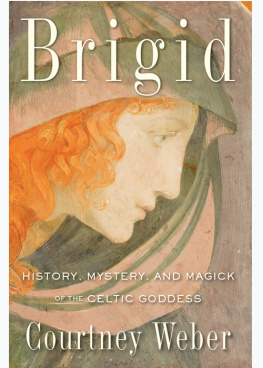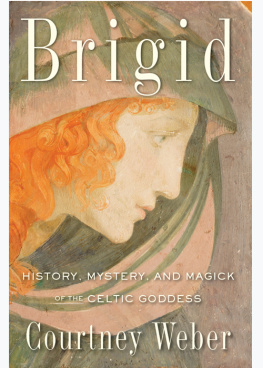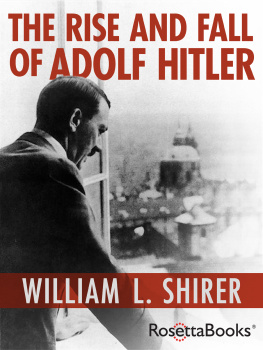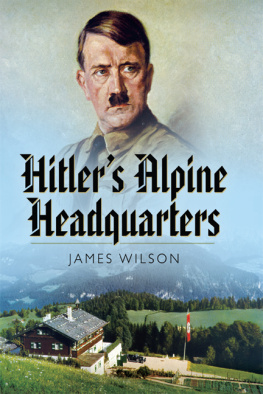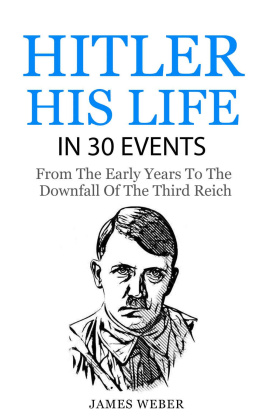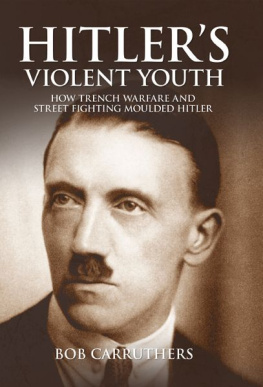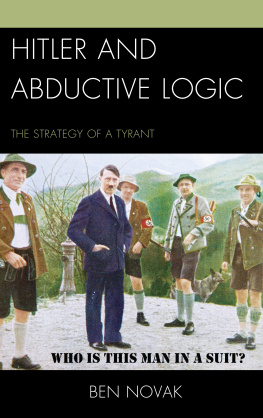HITLERS FIRST WAR
HITLERS FIRST WAR
ADOLF HITLER, THE MEN OF THE LIST REGIMENT, AND THE FIRST WORLD WAR
THOMAS WEBER


Great Clarendon Street, Oxford 0x2 6DP
Oxford University Press is a department of the University of Oxford.
It furthers the Universitys objective of excellence in research, scholarship,
and education by publishing worldwide in
Oxford New York
Auckland Cape Town Dar es Salaam Hong Kong Karachi
Kuala Lumpur Madrid Melbourne Mexico City Nairobi
New Delhi Shanghai Taipei Toronto
With offices in
Argentina Austria Brazil Chile Czech Republic France Greece
Guatemala Hungary Italy Japan Poland Portugal Singapore
South Korea Switzerland Thailand Turkey Ukraine Vietnam
Oxford is a registered trade mark of Oxford University Press
in the UK and in certain other countries
Published in the United States
by Oxford University Press Inc., New York
Thomas Weber 2010
The moral rights of the author have been asserted
Database right Oxford University Press (maker)
First published 2010
All rights reserved. No part of this publication may be reproduced,
stored in a retrieval system, or transmitted, in any form or by any means,
without the prior permission in writing of Oxford University Press,
or as expressly permitted by law, or under terms agreed with the appropriate
reprographics rights organization. Enquiries concerning reproduction
outside the scope of the above should be sent to the Rights Department,
Oxford University Press, at the address above
You must not circulate this book in any other binding or cover
and you must impose the same condition on any acquirer
British Library Cataloguing in Publication Data
Data available
Library of Congress Cataloging in Publication Data
Data available
Typeset by SPI Publisher Services, Pondicherry, India
Printed in Great Britian on acid-free paper by
Clays Ltd., St Ives plc
ISBN: 978-0-19-923320-5
1 3 5 7 9 8 6 4 2
For Edna Cooper and Kay and Morry Rotman
and
In loving memory of Irving Cooper, Heinrich and Marianne
Wantier, and Gnter and Margarete Weber
Acknowledgements
This book started its life one day in 2004 in the Senior Common Room of Pembroke College, Oxford, when Adrian Gregory first suggested to me the idea of writing a book on Hitlers regiment in the First World War. I was immediately enthused by his suggestion. As Adrian paced up and down the SCR, consuming a seemingly bottomless cup of black coffee, the idea for this book took shape, as we sketched out how the book could be researched and written. My greatest thanks are thus due to Adrian Gregory.
On the long road from the inception of the book to its completion, I was helped and inspired by a great number of extraordinarily generous, enjoyable, and intelligent people, without whom I could not have possibly reached the end of the road.
I should particularly like to single out the help I received from a number of outstanding research assistants: without the good humour, stamina, and detective work of Kolja Krger, I would have never found half the sources on which this book is based; Kacey Bayles and Alec Ofsevit helped with the painstaking, almost impossible task of checking hundreds of names against the Nazi Party membership records; Kristen Pagn did much to help me to make sense to the military justice files of the List Regiment and much more. Daniel Rittenauer undertook the monumental task of helping to compile a database of the soldiers of 1st Company of Hitlers regiment, and Dominik Witkowski made his way with unfaltering energy through countless denazification records as well as many other files. I would also like to thank Kristen Pagn, Helen Kincey, Sarah Davidson, Hannah Starritt, and my wife Sarah for help with translations of quotations from German and French into English.
I have greatly benefited from the comments of Jackson Armstrong, Alexander Watson, and my wife, who all read the manuscript of this book. Others who have read and commented on parts of the book or my initial research and book proposal include Anne Allmeling, Hendrik Kafsack, Kolja Krger, my father, Conan Fischer, Sir Ian Kershaw, William Mulligan, and James Wilson. I am also grateful for the reports of the anonymous expert readers of Oxford University Press. Special thanks are also due to Niall Fergusonto whom I owe most intellectually as a historianfor having been an inspiring and unfaltering mentor for more than a decade.
The following people will find many of the ideas, or at least echoes of the ideas, they put in front of me over the last few years represented in the pages of this book: Richard Abels, Alan Allport, Simon Ball, Annette Becker, Chris Boot, Michael Brenner, Frank Bialystok, Sandra Bialystok, Joseph Blasi, Philip Bullock, Caroline Bynum, David Cannadine, Justine Childers, Tom Childers, Nicola di Cosmo, Martin Eisner, Annette and Carsten Fischer, Moritz Fllmer, Detlef Garz, Philipp Gassert, Robert Gerwarth, Martin Geyer, Michael Geyer, Geoffrey Giles, Udi Greenberg, Thomas Gruber, Dagmar Herzog, Gerhard Hirschfeld, Peter Holquist, Harold James, Heather Jones, Yosef Kaplan, Peter Klein, Barbara Kowalzig, Thomas Khne, Alan Kramer, Ferdinand Kramer, Daniel Krebs, Christiane Kuller, Irving Lavin, Jrg Lau, Elizabeth Macknight, Charles Maier, Avishai Margalit, Peter Meyers, Amos Morris-Reich, Philip Nord, Phil OBrien, Muireann Cinnide, Cormac Grda, Peter Paret, Robert Jan van Pelt, Steven Pfaff, Hartmut Pogge von Strandmann, Snke Neitzel, Helke Rausch, Chris Reed, Sven Reichardt, Andreas Rose, Ben Shepherd, Hilary Silver, Mishka Sinha, Thomas Sonders, Heinrich von Staden, Nick Stargardt, Jonathan Steinberg, David Stevenson, Fritz Stern, Yael Sternhell, Christof Strau, Kristen Stromberg Childers, Frank Trommler, Bernard Wasserstein, William Whyte, and Daniel Ziblatt. Without the people mentioned here, this book would be a much poorer one. Needless to say, I alone am responsible for any remaining limitations.
Audiences at research seminars and conferences at the University of Pennsylvania, the Institute for Advanced Study in Princeton, the Center for European Studies at Harvard, the History Department of Princeton University, the Hebrew University, the University of Aberdeen, Strathclyde University, the University of Tbingen, and the University of Waterloo were also extremely generous, incisive, and far more patient than I deserved in their feedback on the ideas on Hitlers regiment that I put in front of them.
While researching and writing this book, I was fortunate enough to have been given an intellectual home and been welcomed in turns at the University of Chicago, the University of Pennsylvania, the Institute for Advanced Study in Princeton, Harvard University, and the University of Aberdeen. I would like to thank my colleagues in Chicago and at Penn for providing a perfect testing ground for my research on Hitlers regiment as it evolved. It was humbling and intellectually stimulating to be surrounded for a year by some of worlds brightest minds amidst the tranquil beauty and excellent cuisine of the Institute for Advanced Study. Harvards Center for European Studies and the riches of Harvards libraries provided the perfect place to write most of the manuscript of this book. I would also like to thank Diana Eck and Dorothy Austin for inviting me to join Lowell House at Harvard as a resident scholar. They got it exactly right in how they set up an inter-generational academic community that knows equally well how to work and how to celebrate. Since arriving in Aberdeen, its Department of History has proved a wonderfully welcoming and dynamic place.
Next page


